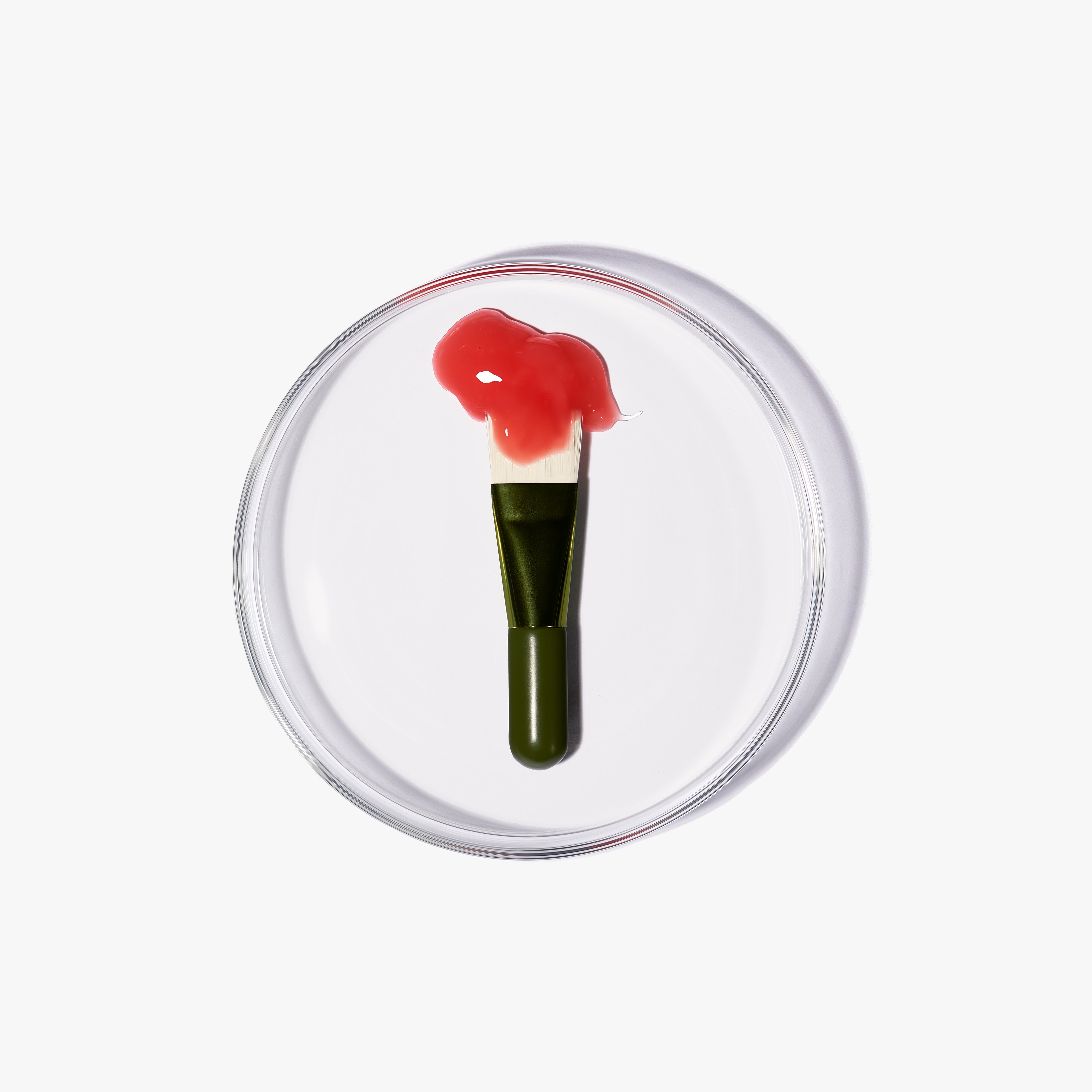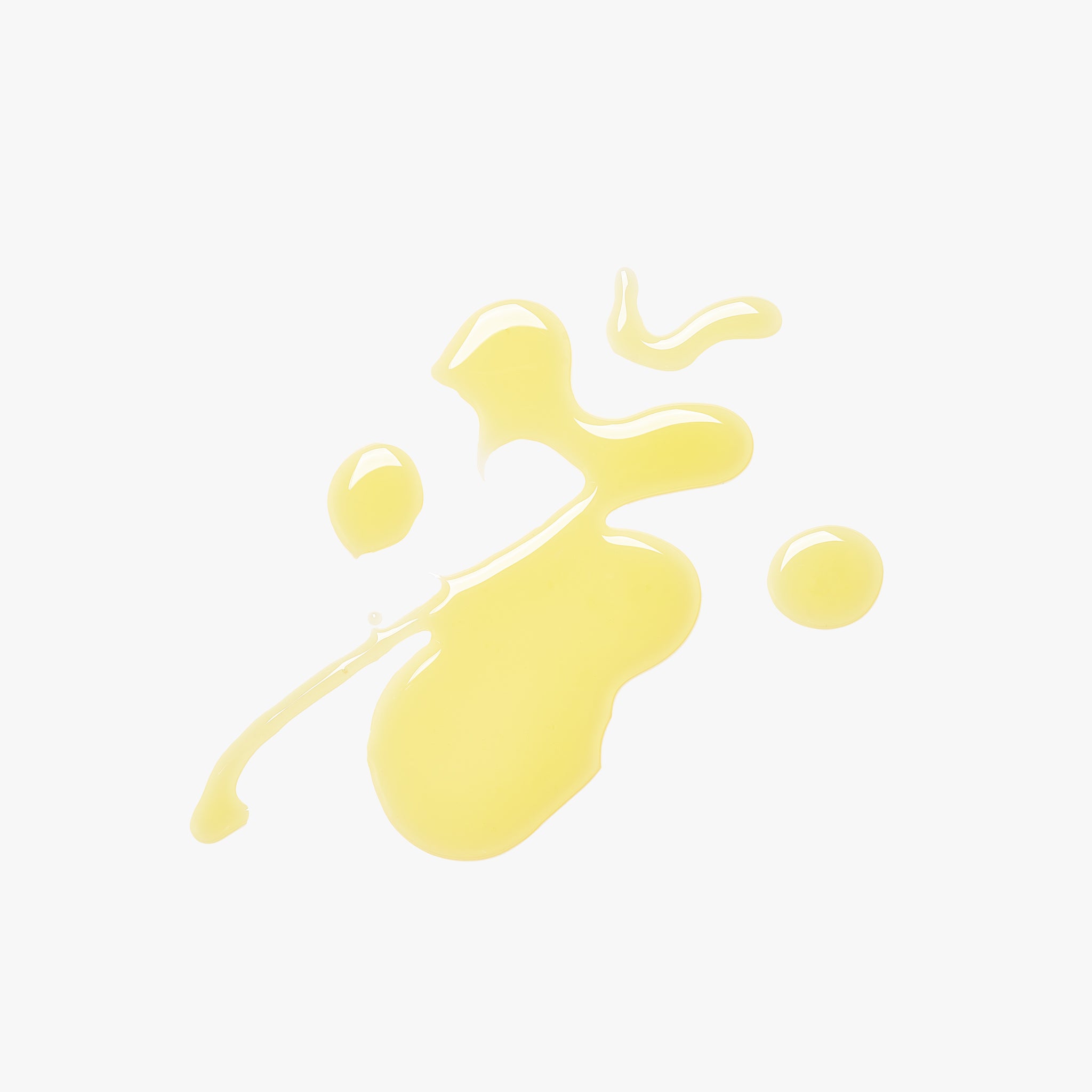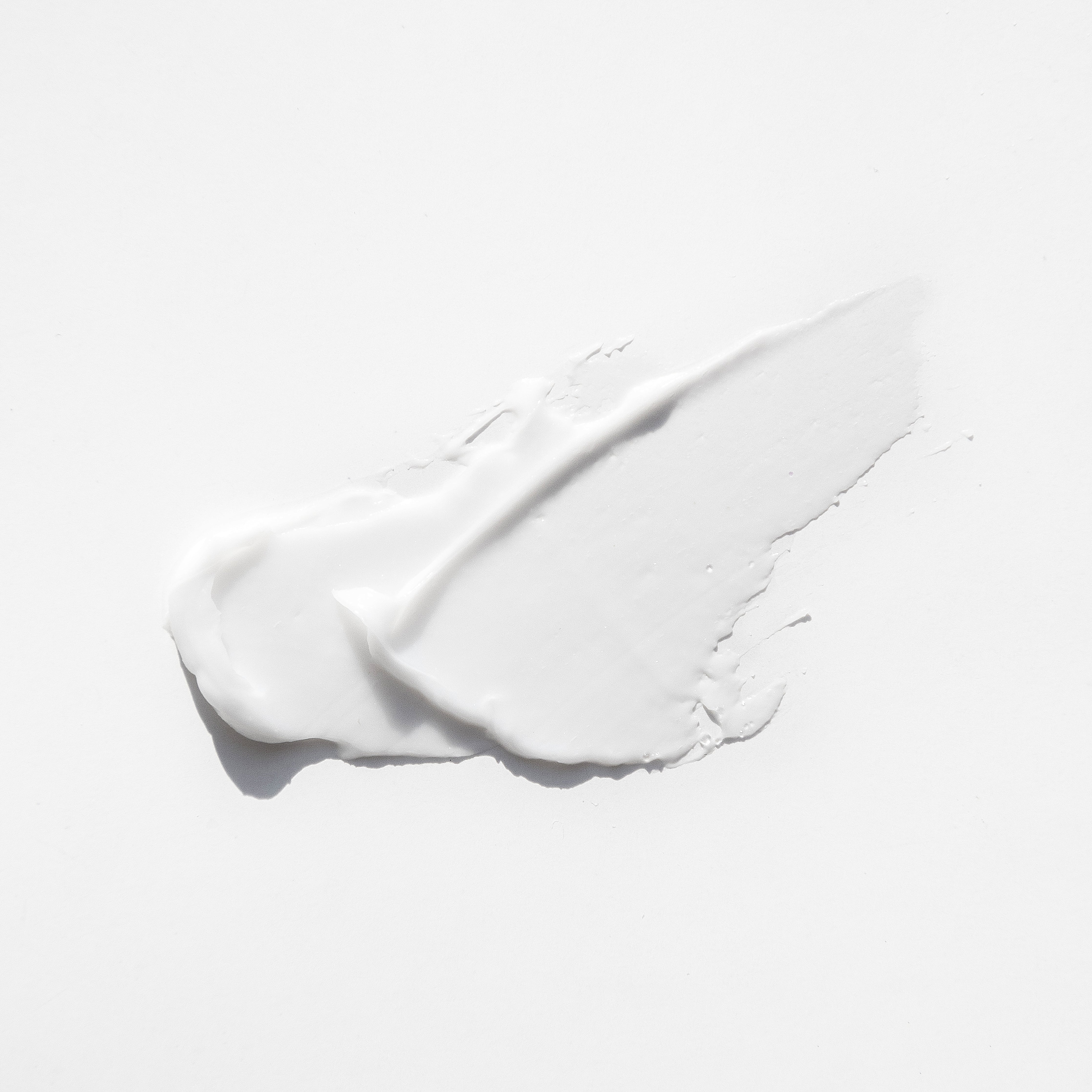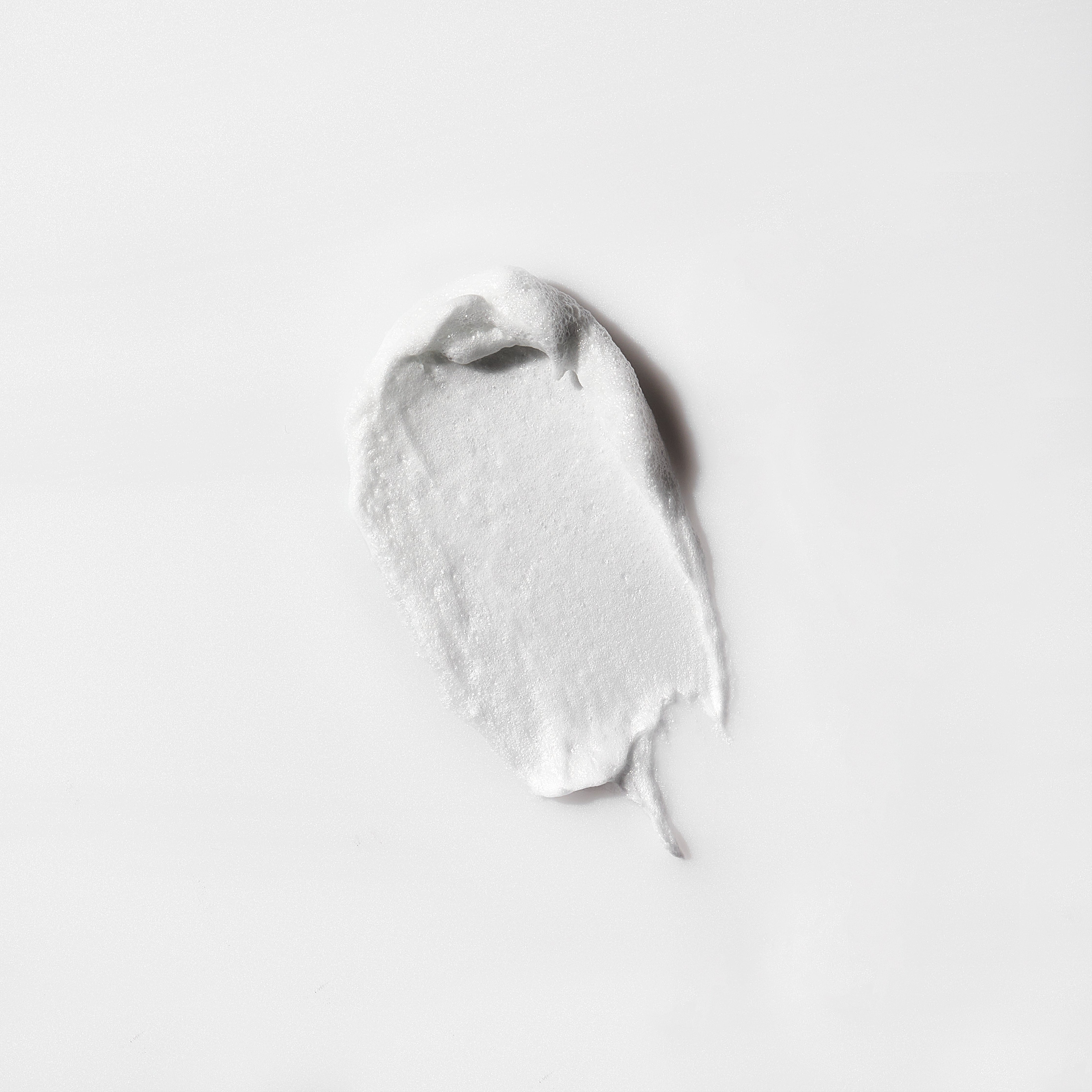You see them on every bottle and box: promises of brighter, smoother, more hydrated skin. But how do you know which claims you can trust? The world of skincare is filled with exciting language, but not all words carry the same weight.
Understanding the difference between a marketing phrase and a substantiated claim is the first step to becoming a more informed consumer. A phrase like "miracle in a bottle" is marketing. It creates a feeling but isn't based on measurable fact. A substantiated claim, however, is a specific statement backed by scientific evidence. Think of "visibly improves skin hydration for up to 72 hours."
Brands must also follow legal guidelines. A cosmetic claim focuses on appearance. For example, a product can "reduce the appearance of fine lines." A drug claim suggests it changes the body's structure or function, like "rebuilding collagen." Reputable brands are very careful to only make cosmetic claims.
The best brands go one step further. They don't just follow the rules; they voluntarily provide evidence to back up their promises. They show you the proof, so you can feel confident in your purchase.
The Hierarchy of Evidence: A Smart Shopper's Guide to Skincare Science
Not all proof is created equal. When a brand says its product is "proven," it's helpful to know what kind of evidence they are using. There is a general hierarchy, from basic ingredient data to rigorous clinical trials on the final product.
Here’s a simple guide to the different levels of scientific support you might encounter.
Level 1: Ingredient Supplier Data This is a very common type of evidence. A company that makes a specific ingredient, like a peptide or plant extract, will conduct studies on it. They provide this data to skincare brands that buy the ingredient.
- What it is: A study focused on a single ingredient in isolation.
- What it tells you: The ingredient has the potential to work.
- What it doesn't tell you: How that ingredient performs when mixed into a final formula with dozens of other ingredients.
Level 2: In-Vitro Testing "In-vitro" is a Latin term that means "in glass." This testing happens in a lab, usually in a petri dish or test tube, not on living people. Scientists might apply a formula to skin cells to see how they respond.
- What it is: Testing a formula on lab-grown cells.
- What it tells you: The formula is biologically active and likely to have a specific effect on skin cells.
- What it's for: It's an important step to confirm a product is working as expected before moving on to human testing.
Level 3: In-Vivo / Clinical Testing "In-vivo" means "within the living." This is the highest standard of testing because it’s done on human volunteers. These studies are designed to show how a finished product performs in the real world.
Testing a final formula on human participants is the gold standard for proving a skincare claim.
Within clinical testing, you might see a few key terms:
- Instrumental Testing: This uses precise machines to measure changes in the skin. For example, a Corneometer can measure hydration levels, and a Cutometer can measure skin firmness. This provides objective, numerical data.
- Consumer Perception Studies: In these studies, participants use the product for a set period. Then, they report on their own experience through questionnaires. You might see results like, "95% of users agreed their skin looked brighter."
- Dermatologist-Tested: This simply means a dermatologist supervised the clinical trial to ensure protocols were followed and to monitor the participants' skin for safety.
How Nuebiome Puts Our Formulas to the Test
At Nuebiome, our commitment to "Fermentation Science & Quality Standards" is at the core of everything we do. For us, substantiation isn't just about marketing—it's about a deep respect for your skin and your trust. We believe that effective skincare starts with intentional, science-backed formulation.
We ensure our formulas deliver on their promises. We do this by focusing on two key areas: sourcing powerful ingredients with their own clinical data and testing our final formulas to confirm their performance. This is how we prove that our unique bioferments and synergistic blends truly support your skin. You can learn more about our unique bioferment advantage.
A perfect example of this philosophy is our (Glyco-Biotic)™ Ultra-Synbiotic Face Mask. This gel treatment is designed to smooth texture and enhance radiance. We formulated it with ingredients chosen for their proven ability to deliver visible results.

Inside this formula, you'll find:
- Glycolic Acid: This is a well-studied alpha-hydroxy acid (AHA). It works on the skin's surface to exfoliate dull, dead skin cells, revealing a smoother and brighter-looking complexion.
- Niacinamide: A form of Vitamin B3, Niacinamide is a true multitasker. It helps to visibly even out skin tone and supports the skin's natural moisture barrier, helping it feel strong and comfortable.
- Lactobacillus Ferment Lysate Filtrate: This is one of our signature biotic ingredients. It's a postbiotic that helps support a balanced environment for your skin's microbiome, promoting a calm and healthy appearance.
We select ingredients like these because they have a history of scientific support. By combining them in our thoughtful formulas, we create products you can depend on. For example, some ingredients are so well-proven that their effects are widely accepted, like how ingredients like Saccharide Isomerate are proven to provide long-lasting hydration.
Your Toolkit: 4 Questions to Ask Before You Trust a Skincare Claim
Now you can put your knowledge into action. When you’re evaluating a new product, use these four questions to look past the marketing and find the proof.
1. Where is the data? A confident brand will share details. Look for specific numbers that give a claim context.
- Vague: "Makes skin more hydrated."
- Specific: "Boosts skin hydration by 40% after one use, based on instrumental testing."
2. How specific is the claim? Precise language is a sign of good science. Vague, overly emotional words are a red flag. Look for claims that state what was measured, for how long, and what the result was.
- Vague: "A miracle for wrinkles."
- Specific: "Reduces the appearance of crow's feet by 22% after 8 weeks in a consumer perception study of 50 participants."
3. Is the testing on the ingredient or the final formula? As we learned, there’s a big difference. Testing on a single ingredient is good, but it doesn't guarantee the product in your hand will work the same way.
- Good: "Contains peptides clinically shown to reduce the look of fine lines."
- Better: "Our final formula was clinically tested and shown to reduce the look of fine lines."
4. Is the language clear or confusing? Some terms sound scientific but mean very little without context. "Clinically proven" is a popular one. Proven to do what? In what kind of study? On how many people? Don't let impressive-sounding words stop you from asking for the details.
| What to Look For | What to Be Cautious Of |
|---|---|
| Specific percentages (%) | Vague terms like "more," "better" |
| Study duration (e.g., "8 weeks") | "Instant results" without proof |
| Number of participants (e.g., "50 women") | "Secret formula" without transparency |
| Testing on the final product | Testing only on a single ingredient |
Experience the Proof: Science-Backed Skincare for Visible Results
Understanding the science behind skincare claims empowers you to make smarter choices. But the ultimate test is always how a product feels and performs on your own skin. When you choose Nuebiome, you can feel confident that we have done the scientific work for you. Our formulas are built on a foundation of evidence, so you can focus on the results.
For a truly renewing experience, consider the Empris-Peony™ Biotic Resurfacing Night Serum. This silky serum is a testament to how substantiated science can create a product that works in harmony with your skin's overnight processes.

This nightly treatment is built on a complex of proven ingredients designed to gently resurface and hydrate while you sleep. Here are a few key components:
- Hibiscus Sabdariffa Flower Extract: This extract is a natural source of pyruvic acid. It provides a very gentle exfoliating action that helps to refine skin texture and promote a radiant glow, without the harshness of some traditional acids.
- Palmitoyl Tripeptide-38: This advanced peptide helps to smooth the skin's surface. It works to reduce the visible depth and volume of lines and wrinkles, supporting a plumper, more youthful look. You can read more about the science behind our night serum.
- Niacinamide and Bioferments: This serum also contains Niacinamide and our signature biotic blend to support the skin barrier, ensuring skin feels comfortable and balanced as it renews overnight.
When starting any new active product, we always recommend you start low and slow, perhaps using it on alternate nights at first. It's also wise to patch test on a small area of skin before applying it to your full face. For any specific skin concerns, please consult with a licensed professional.
Explore our collection with the assurance that every product has been formulated with purpose, precision, and proof.











